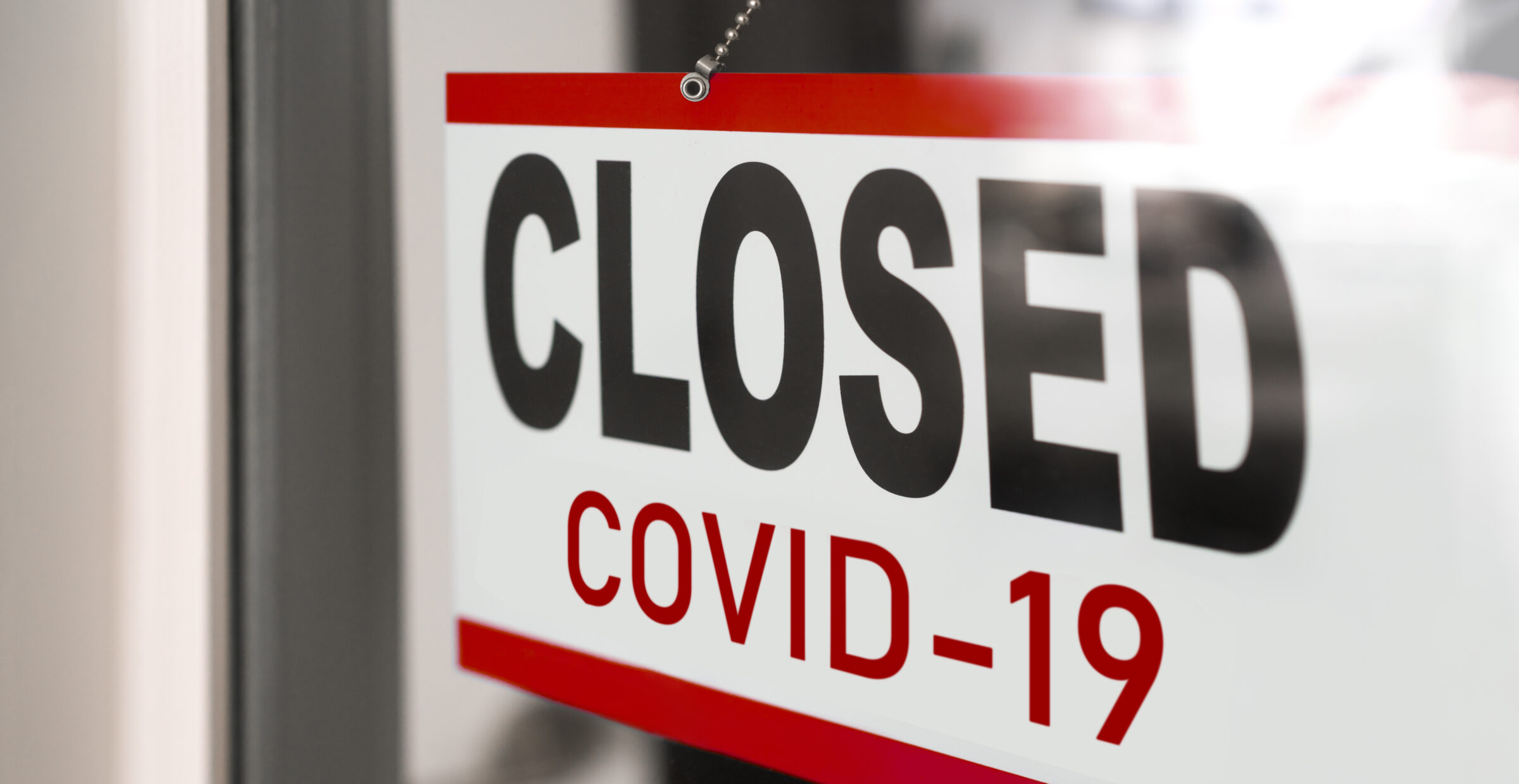A class-action lawsuit filed in March in the federal court for the Western District of Oregon could end the Title IX religious exemption for all private, faith-based universities in the country — or force them to stop accepting any federal aid at all.
Hunter v. U.S. Department of Education, filed by “Religious Exemption Accountability Project,” seeks to strip longstanding religious protections from Title IX — a law that has promoted diversity — including religious diversity — in higher education for nearly 50 years.
REAP claims that LGBTQ students at religious — primarily Christian — private universities are “at the mercy of religiously affiliated, taxpayer-funded social service and educational institutions that often turn them away or force them into the closet,” and that while admitting the Constitution does protect religious liberties, the government is at the same time supposed to see that “religion does not serve as a government-funded vehicle to harm racial, ethnic, gender, sexual, religious or other minorities.”
In the suit, REAP claims that the Department of Education is complicit in the “abuses and unsafe conditions thousands of LGBTQ+ students endure at hundreds of taxpayer-funded, religious colleges and universities. The Plaintiffs seek safety and justice for themselves and for the countless sexual and gender minority students whose oppression, fueled by government funding, and unrestrained by government intervention, persists with injurious consequences to mind, body, and soul.”
In April, the Alliance Defending Freedom filed a motion to intervene, noting that the lawsuit targets religious schools specifically.
“This lawsuit wants the federal government to tell Christian schools, ‘To continue accepting students who have federal financial aid, all you have to do is to start acting contrary to your own beliefs.’ That’s neither reasonable nor constitutional,” ADF Senior Counsel and Vice President of U.S. Litigation David Cortman said in a release. “No court should grant a radical request to rewrite federal law and strong-arm religious colleges by stripping their students of much-needed financial aid..”
ADF is also representing the College of the Ozarks in a religious freedom suit against the Biden administration.
Biden Dept. of Justice punts on religious freedom
The lawsuit names multiple faith-based colleges and universities such as Brigham Young, Oklahoma Baptist University, and Fuller Theological Seminary, in Pasadena, California.
In late June, the Council for Christian Colleges and Universities filed a motion to intervene on behalf of the named schools. In less than 24 hours, the Biden Administration went from a filing on June 7 which stated the department would “vigorously defend” the religious exemption, to a second filing on June 8 responding to CCCU concerns about just that saying the interventors “have not at this time made the necessary ‘compelling showing’ that the Federal Defendants will fail to adequately represent their interests,” according to the Washington Times.
As a June 23 filing from CCCU states: “In an extraordinary public change of legal position—in less than 24 hours after their initial filing—the federal defendants have revealed ample reason to doubt their ability to consistently and effectively represent the interests of the private religious colleges and universities whose basic rights are at stake in this case. In their initial opposition, filed late in the evening on June 8, 2021, the federal defendants repeatedly assured the world that they had the same “ultimate objective” as the proposed intervenor, Council for Christian Colleges (CCCU), and its member schools—that is, to vigorously “defend the [Title IX religious] statutory exemption and its current application.”
However, less than 24 hours later, after backlash from the media and the left, “the federal defendants amended their opposition in a matter of hours, removing the language that it shared CCCU’s ‘ultimate objective’ of vigorously defending the exemption. They also excised nearly every reference to their plan to defend the challenged application of Title IX’s religious exemption, even though this case presents primarily an as-applied challenge. Gone, too, was the assurance that the defendants would provide a “vigorous” defense of the religious exemption.”
No decision has been made on the CCCU motion to intervene or is expected before sometime in August.
Amorphous harms
REAP claims — in the language of critical theory — that the “Department’s inaction leaves students unprotected from the harms of conversion therapy, expulsion, denial of housing and healthcare, sexual and physical abuse and harassment, as well as the less visible, but no less damaging, consequences of institutionalized shame, fear, anxiety and loneliness.”
REAP also claims that “four in ten sexual or gender minority students” are “uncomfortable with their sexual identity on campus” at religious colleges.”
However, a Rutgers University study indicates that “five in ten queer-spectrum students and seven in ten trans-spectrum students do not feel “respected” on their secular, public campuses.”
And, as CCCU notes: “REAP asserts that about 64% of “sexual minority students” reported isolation and loneliness at their religious colleges, about 18% more than “straight” students on the same campuses. But the Rutgers study reveals that just over 79% of queer-spectrum students on public campuses report feeling very lonely in the past year, which is 20% more than their straight peers on their own campuses, and 15% more than their sexual minority peers on religious campuses.
Moreover, on questions of personal security, according to Rutgers, LGBTQ students were considerably more likely to suffer physical and/or sexual assaults on secular/public campuses than on religious campuses. Sexual minority students were more than three times as likely to be physically assaulted (3% versus 1%) or sexually assaulted (16.6% versus 5%) on secular versus religious campuses.
Real harms
CCCU notes that an end to the Title IX exemption for religious institutions would disproportionately impact low-income students and students of color.
“This lawsuit would take federal financial aid away from hundreds of thousands of students who choose to attend faith-based colleges and universities,” CCCU said in a release. “This would restrict student choice in an unprecedented way, preventing middle- and low-income students from being able to take their federal aid to these institutions.
“The withdrawal of financial aid, including Pell grants and federal research grants, would have a disproportionate impact on low-income and first-generation college students, as well as students from racial and ethnic minority groups (in 2015-16, 72% of Black students nationally received Pell Grants, compared to 34% of white students).”



